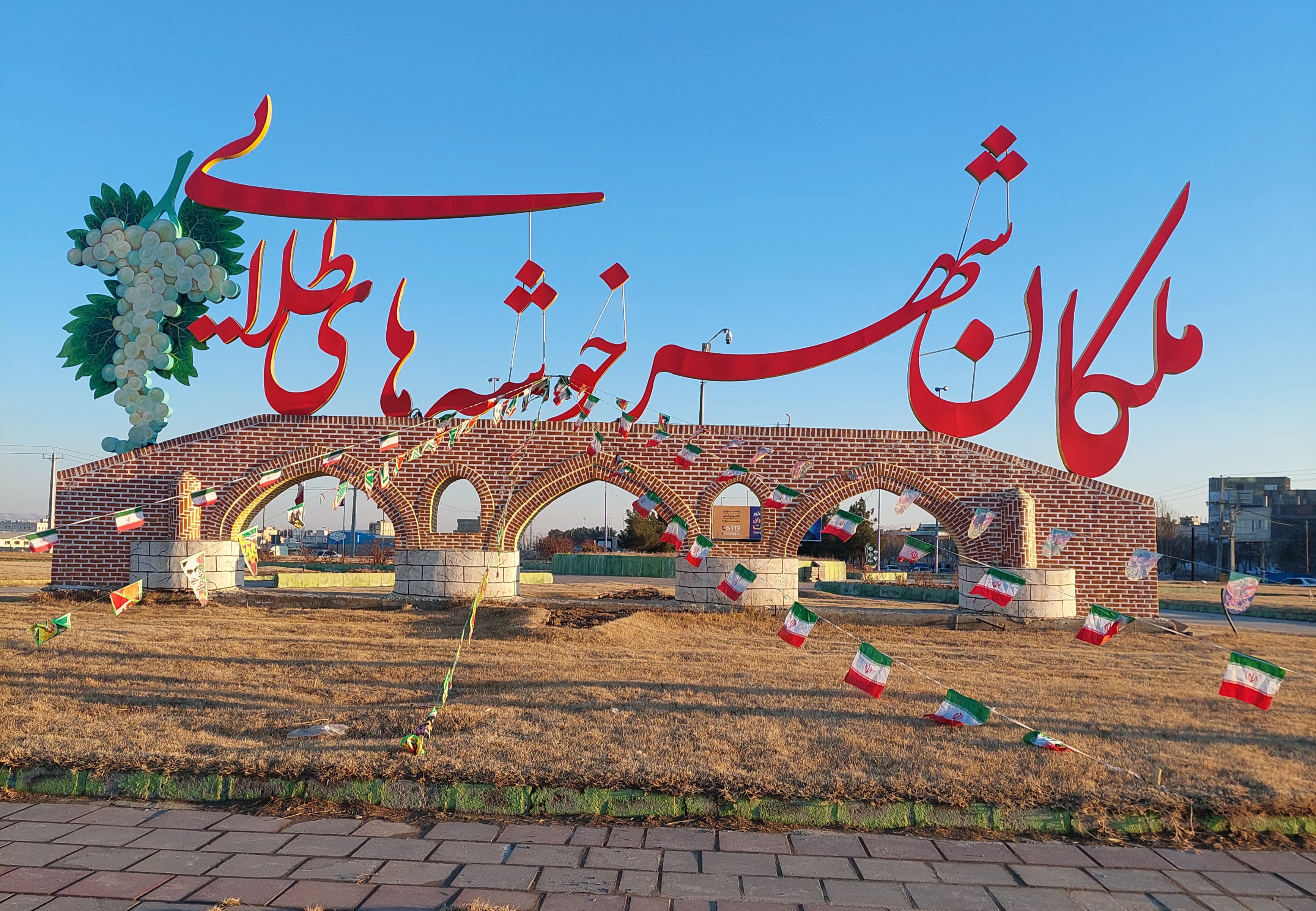Categories
The latest content
-

Customs Clearance & Import Regulations for Bulk Iranian Pinto Beans in EU, Middle East & Africa
..
-

Quality Control & Laboratory Testing Standards for Iranian Pinto Beans
..
-

Logistics & Shipping Solutions for Bulk Iranian Pinto Bean Exports
..
-

Minimum Order Quantity (MOQ) & Bulk Pricing for Iranian Pinto Bean Buyers
..

Tags
Malekan: The Raisin Capital of Iran – Exploring Its Vital Role in Raisin Production

Nestled in the heart of East Azerbaijan province, Malekan stands as a significant hub in Iran’s agricultural landscape, earning the esteemed title of the “Raisin Capital of Iran.” This city plays a pivotal role in the country’s raisin production, contributing significantly to both the local economy and Iran’s position as a leading global exporter of this delicious dried fruit. This blog post explores the key factors that make Malekan a crucial center for raisin production.
1. Geographic Advantages and Climate
• Location: Situated in a fertile valley, Malekan benefits from a favorable geographic location that supports extensive grape cultivation.
• Climate: The region boasts a unique climate with hot, dry summers and cold winters, ideal conditions for grape growing. The hot summers contribute to the high sugar content of the grapes, resulting in exceptionally sweet raisins.
• Soil Quality: The rich, well-drained soil in the Malekan region provides the necessary nutrients for healthy grapevines.
2. Grape Varieties and Cultivation
• Specific Grape Varieties: Malekan is known for cultivating specific grape varieties that are particularly well-suited for raisin production. These grapes are chosen for their sweetness, thin skin, and seedless nature.
• Traditional Techniques: Local farmers employ a combination of traditional and modern techniques to ensure high-quality grape production. These techniques include careful pruning, irrigation management, and pest control.
• Sun-Drying Methods: The most common method of drying grapes in Malekan is sun-drying. The grapes are spread out on rooftops or special drying racks, allowing them to dry naturally under the intense sun.
3. Raisin Production Techniques in Malekan
• Advanced Processing: Malekan has invested in modern raisin processing facilities to improve the quality and efficiency of production. These facilities include equipment for washing, sorting, grading, and packaging raisins.
• Sulfur Treatment (Optional): Some producers use sulfur dioxide to preserve the color and prevent spoilage of the raisins. However, many also produce natural, unsulfured raisins to cater to different market preferences.
• Quality Control: Stringent quality control measures are implemented throughout the production process to ensure that the raisins meet high standards for size, color, moisture content, and cleanliness.
4. Economic Significance
• Employment: Raisin production provides significant employment opportunities for the local population, from grape cultivation and harvesting to processing and packaging.
• Income Generation: The raisin industry is a major source of income for farmers, processors, and traders in Malekan.
• Export Revenue: Malekan’s raisin production contributes significantly to Iran’s export revenue, making it a vital part of the national economy.
5. Challenges and Innovations
• Water Scarcity: Like many agricultural regions in Iran, Malekan faces challenges related to water scarcity. Farmers are increasingly adopting water-efficient irrigation techniques to conserve water resources.
• Climate Change: Changing climate patterns pose a threat to grape cultivation. Farmers are exploring climate-resilient grape varieties and sustainable farming practices to mitigate the impacts of climate change.
• Modernization: The industry is continually modernizing its processes to improve efficiency, reduce costs, and meet the evolving demands of the global market.
6. The Malekan Raisin Brand
• Reputation for Quality: Malekan raisins are highly regarded for their superior quality, sweetness, and texture, giving them a competitive edge in international markets.
• Distinctive Characteristics: The unique combination of climate, grape varieties, and processing techniques gives Malekan raisins a distinctive flavor profile that sets them apart from raisins produced in other regions.
• Branding and Marketing: Efforts are being made to promote Malekan raisins as a premium brand, highlighting their quality and unique characteristics.
Conclusion
Malekan’s status as the “Raisin Capital of Iran” is well-deserved, owing to its favorable climate, dedicated farmers, advanced processing facilities, and commitment to quality. The city’s raisin industry not only sustains the local economy but also contributes significantly to Iran’s position as a major player in the global raisin market. Exploring Malekan’s role in raisin production provides valuable insights into the complexities and nuances of this important agricultural sector.
Taste the sweetness of Malekan raisins! Explore our selection of premium Iranian raisins, sourced directly from the heart of Malekan.



